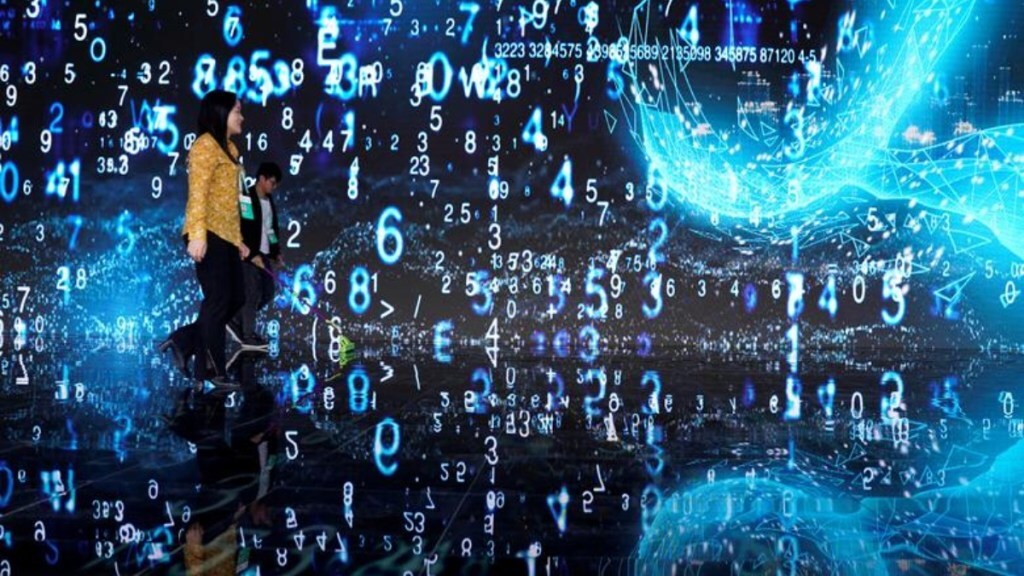By Atanu Biswas
Elon Musk recently stated that “AI is one of the greatest threats to the survival of humanity.” ChatGPT, the newest chatbot from OpenAI, has undoubtedly generated a lot of buzz worldwide. For those with a college education and those whose careers depend on the creation of material, such as playwrights, professors, journalists, and programmers, it created a massive, never-before-seen threat. Musk co-founded OpenAI in 2015, partly because he believed Google was not paying enough attention to AI safety.
But, a new corporate conflict is now brewing; with Microsoft staunchly supporting ChatGPT, Google perhaps felt forced to introduce a rival, Bard, in quite a hurry. The frenzy has gotten so bad that Alphabet Inc., the parent company of Google, lost $100 billion because a Bard chatbot advertisement displayed inaccurate information, and analysts said that its AI search event lacked details on how it will respond to the ChatGPT challenge.
How far can these chatbots go, though? And what kind of impact do they have on our lifestyles? There’s a possible impact on the job market, for sure. The usage of ChatGPT for student assignments is being outlawed by different colleges all across the world, which is causing a tremor in the educational system. Although some research articles featuring ChatGPT as the co-author have already been submitted for publication, society is also debating whether an AI may be allowed to be listed as the co-author of a research article.
And can we identify if someone uses ChatGPT-style AI to write a best-selling novel? A judge in Columbia recently used ChatGPT to decide whether an autistic child’s insurance should cover all of the costs of his medical treatment. He even included his conversations with ChatGPT in the ruling! There is a general concern that in all of these situations, the human touch may be missing.
MIT professor Joseph Weizenbaum possibly created the first chatbot ever in 1966. It was called ELIZA and was named after a character in George Bernard Shaw’s play Pygmalion. Weizenbaum dismissed the idea that machines could replace human intellect at a time when experts predicted that chatbots would be indistinguishable from humans in a matter of years.
Instead, he claimed that these things were merely tools and extensions of the human mind. He further emphasised that computers’ understanding of language was entirely dependent on the context in which they were used.
The human intellect is currently being challenged by ChatGPT after traveling a long way over the past six decades, including Apple’s Siri, Google Now (which was replaced by Google Assistant in 2017), Microsoft’s Cortana, and Amazon’s Alexa, to name a few. And there will undoubtedly be many more surprises in the near future. As AI technology develops and is more thoroughly incorporated into a variety of industries, including the arts and humanities, the line between exploiting human creativity and using AI tools like ChatGPT will probably continue to become increasingly blurred in the near future.
Even so, I think Weizenbaum’s fundamental concept may endure. “It is unlikely that people whose jobs depend on content creation… will become entirely obsolete due to AI systems like ChatGPT or more advanced AIs in the near future. While AI can automate certain tasks, it is unlikely to replace human creativity and critical thinking, which are essential for these careers,” according to ChatGPT, when I asked it about the future of humanity in this more AI-driven society.
I agree. But I also think that AI might affect how people work, necessitating ongoing skill development and technological acculturation. Chatting with ChatGPT is fun, for sure. But to combat the widespread usage of ChatGPT-type AIs in our educational institutions, for example, we must innovate and create new types of assignments rather than panic.
We also need to figure out how to distinguish human intelligence from artificial intelligence. During a chat conversation, ChatGPT told me that “human imagination, emotions, and personal experiences are central to the creative process, and AI systems can never fully replicate these elements.” In fact, AI technology has the potential to boost production and efficiency across a wide range of industries while also opening up new job opportunities.
Yet, as Elon Musk contends, humanity must regulate AI safety. The chatbot itself was apprehensive about its new role in the justice system, for example. “Judges should not use ChatGPT when ruling on legal cases… It is not a substitute for the knowledge, expertise, and judgment of a human judge,” it responded to a question from the British newspaper The Guardian. And “journalists should exercise caution when using quotes generated by ChatGPT in their articles,” the bot stated.
It’s a long way for chatbots from ELIZA to ChatGPT. Additionally, given the current craze and business opportunities, additional advancements and development of AI-based chatbots would indeed occur quickly. And it will be able to perform many tasks that humans might find difficult to achieve. But there is no doubt that it cannot replace the human touch.
The world’s best human chess player at the time was defeated by Deep Blue, an AI, more than 25 years ago. Nowadays, chess engines powered by AI, like Leela Chess Zero and Stockfish, are unquestionably much better “players” than human players. The greatest Elo rating ever attained by a human was 2,882 in 2014 by Magnus Carlsen. Stockfish, on the other hand, has an Elo rating of over 3,500. Yet a contest between two of the best chess AI engines would be far less appealing than a contest between Carlsen and Ding Liren, for instance. This is where human intellect and touch defeat artificial intelligence. Let it be so.
(The author is Professor of statistics, Indian Statistical Institute, Kolkata)


